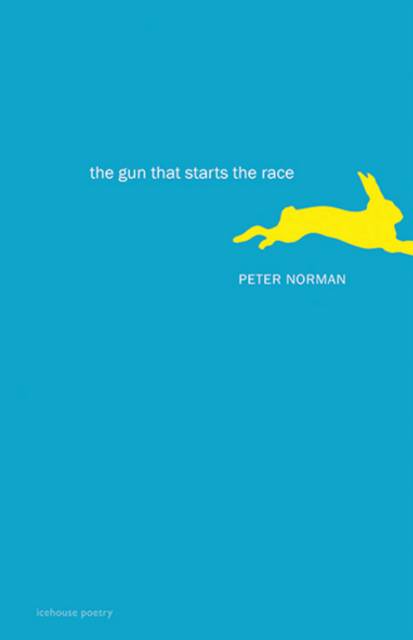
- Retrait gratuit dans votre magasin Club
- 7.000.000 titres dans notre catalogue
- Payer en toute sécurité
- Toujours un magasin près de chez vous
- Retrait gratuit dans votre magasin Club
- 7.000.000 titres dans notre catalogue
- Payer en toute sécurité
- Toujours un magasin près de chez vous
Description
The Gun That Starts the Race, alternately like a David Lynch film or an episode of The Simpsons, finds the uncanny in the everyday, surprise you, make you laugh and weep (sometimes simultaneously) with recognition at the fleeting spark of our existence. Many of these poems are like archaeological sites between the sturm und drang of people's fleeting dramas, exploring in language playgrounds recently vacated, graves recently inhabited, basements and dark corners where life and death goes on without us.
From free-verse lyrics to masterful sonnets, Norman's poems weld form and content together organically. They neither baffle nor condescend. Blending an effortless style to surprising metaphors, and striking images with a restless, roving intellect, they try to get to the bottom of things, while never satisfied there it is no false bottom. Here, Bolsheviks play tennis with Marxist rules; crows, maggots, and spiders go about their business, oblivious to our sufferings; and the Mole Men of Zug break into song.
In The Gun that Starts the Race, Peter Norman gives us a world that lives and breathes and endures, and of which we are only a temporary part.
Spécifications
Parties prenantes
- Auteur(s) :
- Editeur:
Contenu
- Nombre de pages :
- 64
- Langue:
- Anglais
Caractéristiques
- EAN:
- 9780864928665
- Date de parution :
- 17-03-15
- Format:
- Livre broché
- Format numérique:
- Trade paperback (VS)
- Dimensions :
- 137 mm x 211 mm
- Poids :
- 68 g







